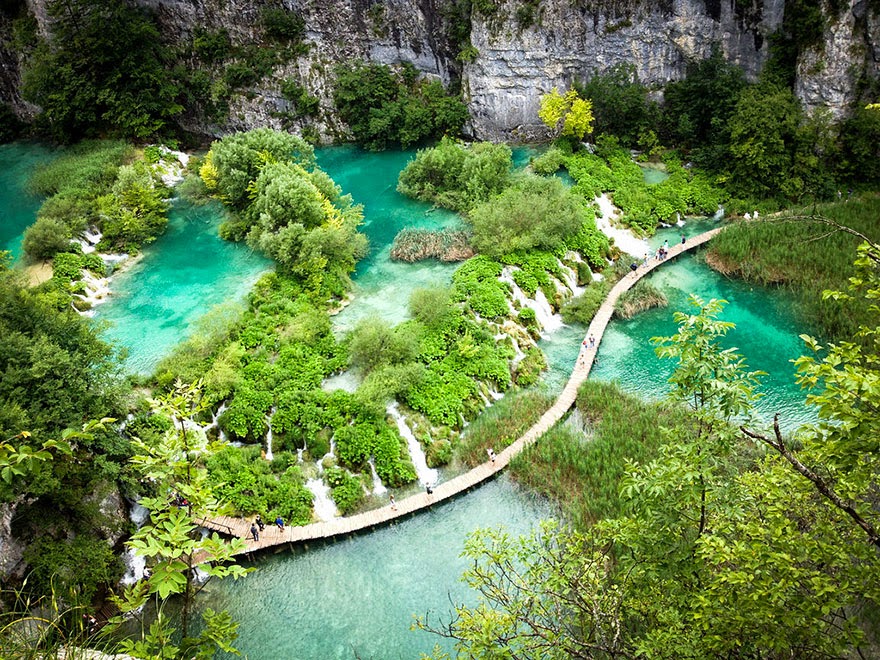What’s the need of a fine house if you don’t have a
tolerable environment to put on it? Henry David Thoreau. A nation that destroys
it soils destroys itself. Forests are the lungs of our land, purifying the air
and giving fresh breath to our people without any discrimination, to it we are
all equal.
The name of our present society’s connection to the
earth is “bad work” – work that is only generally and crudely defined, that
enacts a dependence that is ill understood, that enacts no affection and gives
no honour. Every one of us is to some extent guilty of this bad work. This
guilt does not mean that we must indulge in a lot of breast-beating and
confession; it means only that there is much good work to be done by every one
of us and that we must begin to do it.
None of us is
happy to be associated with bad slog. Doing good work on our environment does
not involve any hard task/labour; it’s all about doing that one ‘little thing’
every day. Something that won’t consume so much of our time, but it’s something
that we will one day look back on it and be proud of ourselves. When we connect
with nature we will restore ourselves, and that connection depends on each one
of us individually.
To waste, to destroy our natural resources, to skin
and exhaust the land instead of using it to increase its usefulness, will
result in undermining the future of our children. Why don’t we create that
serene environment to them? They also have a right to, clean air, pure water
and to the preservation of natural scenic, historic and aesthetic values of the
environment. Let’s not just protect the environment but let’s create a world
where the environment doesn’t need to be protected for the generations to come.
Talking of the ‘tembea Kenya’ programme, we all feel
good travelling around Kenya to see all that there is in our beautiful game
reserves and national parks. To see the entire heritage, enjoying every beauty
that is in there. If we really love our children why can’t we preserve the same
for them? Let’s make their future life as good as our fathers and mothers made
ours.
The amount of destruction we are doing to our planet
is inexcusable. Being in the shoes of Mother Nature I will never forgive humans
for the multi destructions they have imposed on me. But she has the heart of a
mother, so kind and easy to forgive. Why can’t we take advantage of that and
give back what we took from her. We’ve been residents here for a blink of an
eye. If we're gone tomorrow, will they miss us?

















